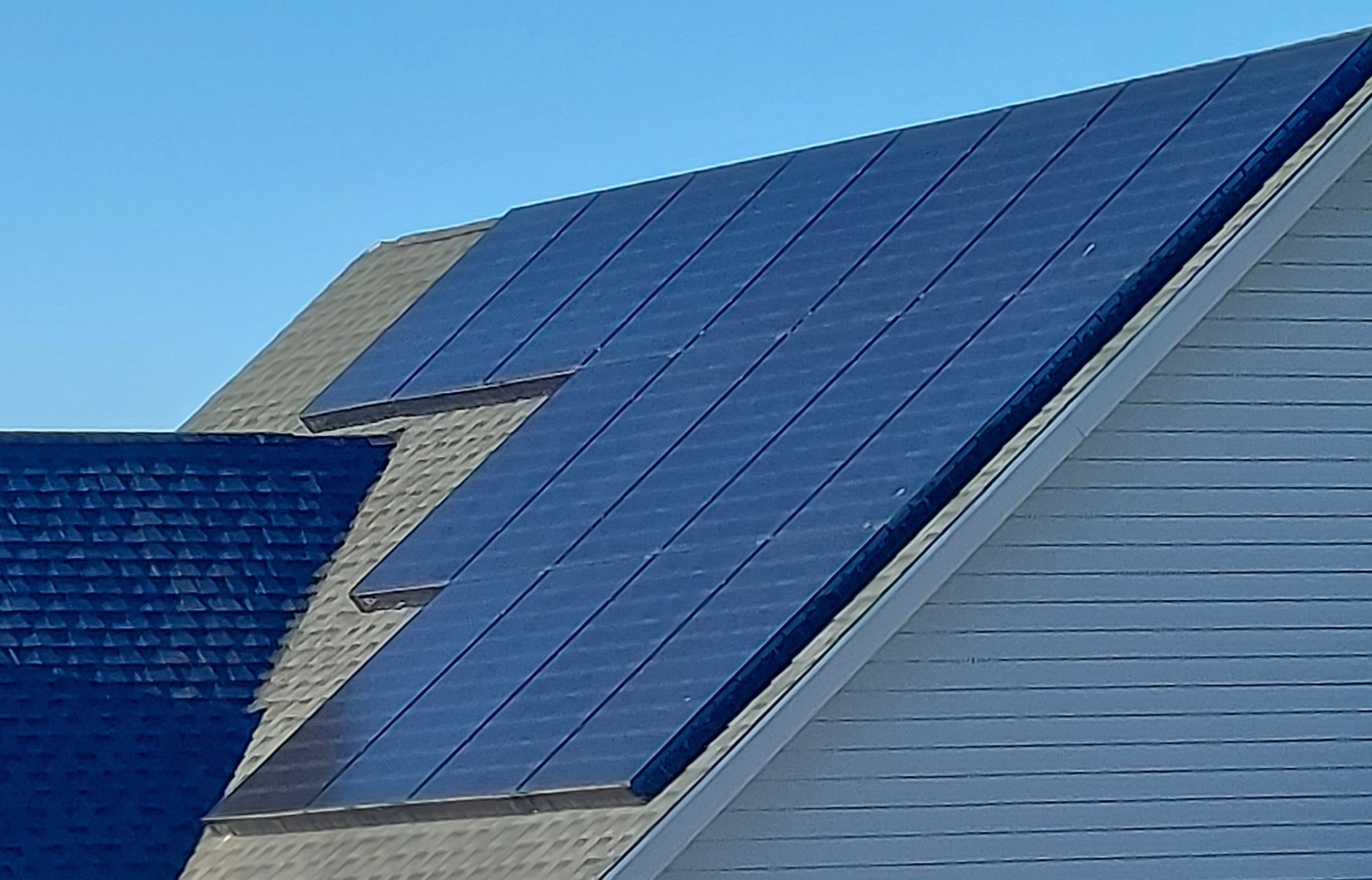
Solar Energy contractor Pennsylvania
Get Your Free, No-obligation Solar Consultation Now
How to Choose a Solar Energy Contractor Pennsylvania?
When choosing a solar energy contractor, it is important to research his or her background and track record of success. A good contractor will be able to analyze your home’s current energy use and future energy requirements, as well as your goals for energy savings. The best way to judge the quality of a contractor’s work is to ask to see examples of completed projects and ask for references from previous customers. When looking for a contractor to install a solar energy system, it is important to make sure the company has a business license and insurance. A solar contractor should also have experience installing solar products. The best way to ensure your system will be installed properly is to get references from previous customers.
In addition to installation services, a solar contractor can provide maintenance and operation for your solar panel system. Proper maintenance will help your system run efficiently and extend its life span. A qualified solar contractor can also give you advice on maximizing your investment and avoiding pitfalls. You should also be wary of the lowest bidder, as they may be desperate for the business. Solar contractors can work independently or in conjunction with other contractors. For example, they may work with roofers on small residential systems. But they can also collaborate with general contractors on large utility-scale solar projects. In both cases, they install the mounting system, solar modules, and inverters, and inspect the system for local code compliance. They also train the customer on how to monitor their system.
What Is EPC?
Before we go into detail about the details of the EPC Contract, let’s define what it is. An EPC contract refers to a set of specifications and contracts terms that a solar energy contractor must follow in order to build a solar energy project. These specifications and contract terms should be aligned with the requirements of a lender or investor. When a solar project goes through the EPC process, it has a number of risks. These include project schedules, materials from around the world, and construction risks. EPC firms have established project controls and can help owners minimize their risk by driving out inefficiencies in cost, performance, and schedule. They are also able to reduce the risk premium that an owner would pay for a solar solution project. A properly negotiated EPC Contract will attract lenders and equity investment partners and mitigate some of the biggest risks in large-scale solar projects.
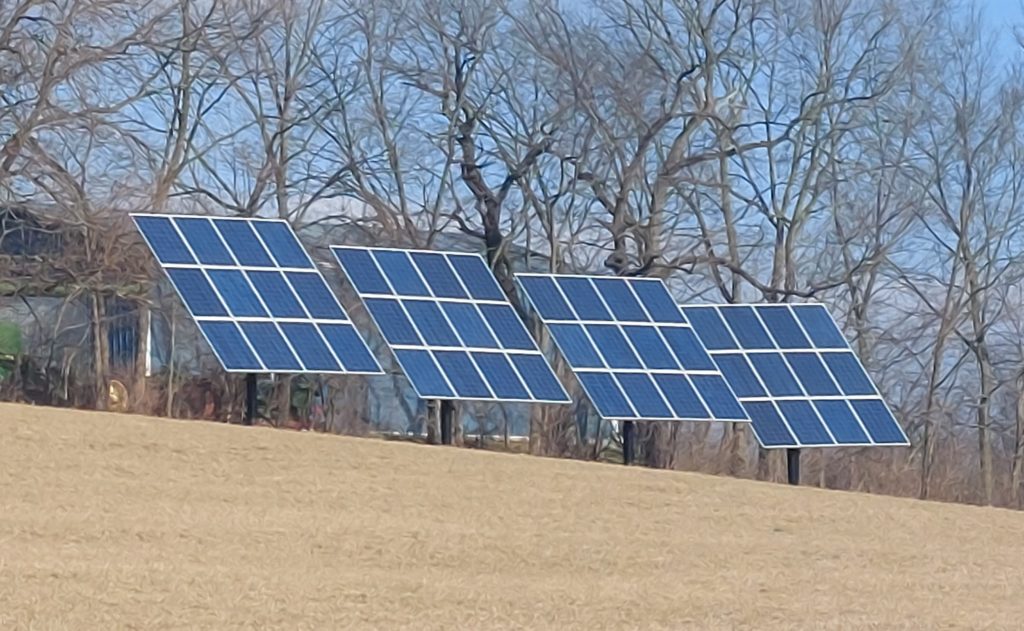
What Is An EPC Contractor In the Solar Industry?
An EPC contractor manages the design, equipment procurement, installation, and servicing of solar power systems. These contracts often include performance guarantees, which may include specific start-up procedures, minimum output levels, and target energy capacities tied to calendar dates. The goal of solar EPC contracts is to minimize the amount of money an owner must pay upfront while maximizing the profitability of a plant in the long term.
An EPC firm is much more advanced than a typical installation company. They use cutting-edge technology and can offer a range of services to ensure the best return on investment. These services can include site evaluation, weather monitoring, structural design, power generation capacity calculation, and equipment selection.
In addition, solar EPC firms procure solar panels and related equipment from local and global manufacturers. They can even install solar panels and integrate them into an existing power supply system. The EPC process can be extremely complex. In addition, EPC contracts must account for risk management and strict project deadlines. In addition, a solar EPC contractor will be responsible for the after-sales support for the panels.
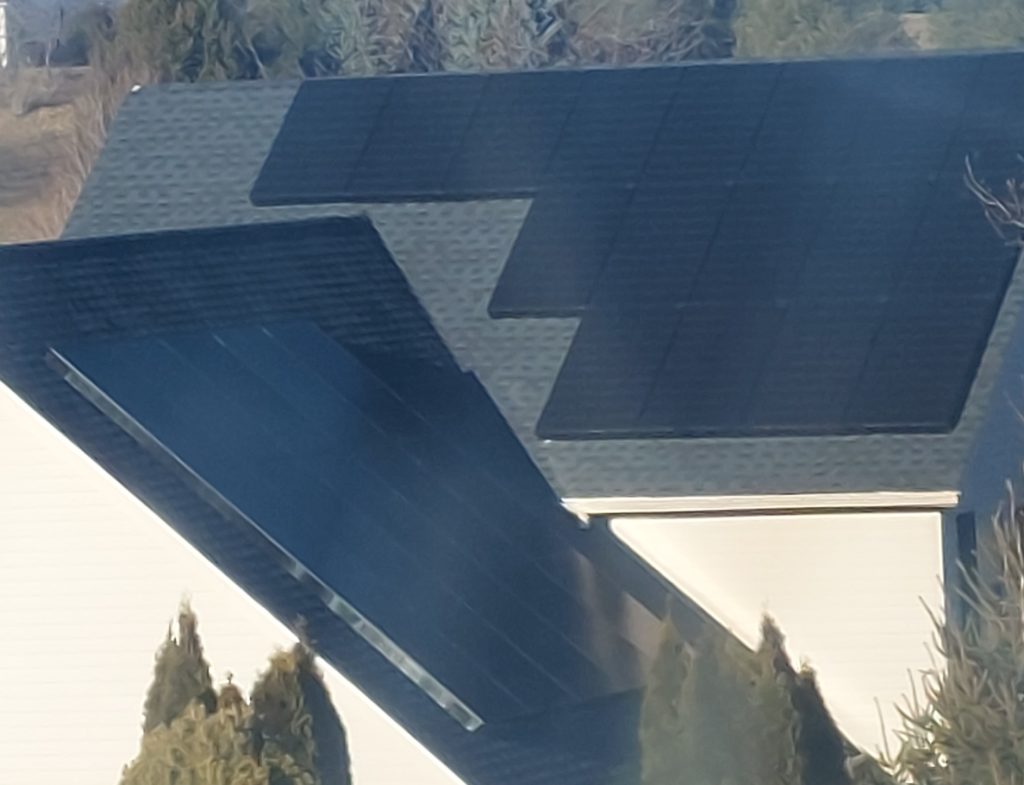
How Does A Solar Panel Affect Your Energy Performance Certificate?
A solar panel can have a significant impact on your energy performance certificate (EPC). An EPC is a document that assesses the energy efficiency of a home and provides recommendations for improving it. A home with a solar panel will typically have a higher EPC rating than one without because solar panels generate renewable energy that can offset some of the home’s energy consumption. In addition, solar panels can help to reduce a home’s carbon footprint, which is another key factor in determining an EPC rating. As a result, installing a solar panel can be a great way to improve the energy efficiency of your home and potentially save money on your energy bills.
What are the Disadvantages of Using Solar Panels in Pennsylvania?
Using solar energy to power your home in Pennsylvania is a great investment, but it can come with a number of disadvantages. Many of these risks are related to the long-term sustainability of solar panels. The first is the environmental impact. The solar industry relies on a limited supply of raw materials, which may not be available in the future. Mining these materials can have a significant impact on the environment. Another disadvantage is the possibility of micro-cracks. These small fractures can damage solar cells. This happens because solar cells are exposed to high stresses, which lead to degradation.
This is exacerbated by improper installation practices. Despite the risks of solar panels, most manufacturers are working to improve the design and manufacturing of panels to minimize these problems. The number of solar panel installation companies may also affect the cost of installation. With more competition, solar contractors may have to reduce their prices and decrease the cost of installation. However, this can also hurt small solar contractors that may have difficulty meeting these requirements. This can force them to subcontract some of their work to third parties.
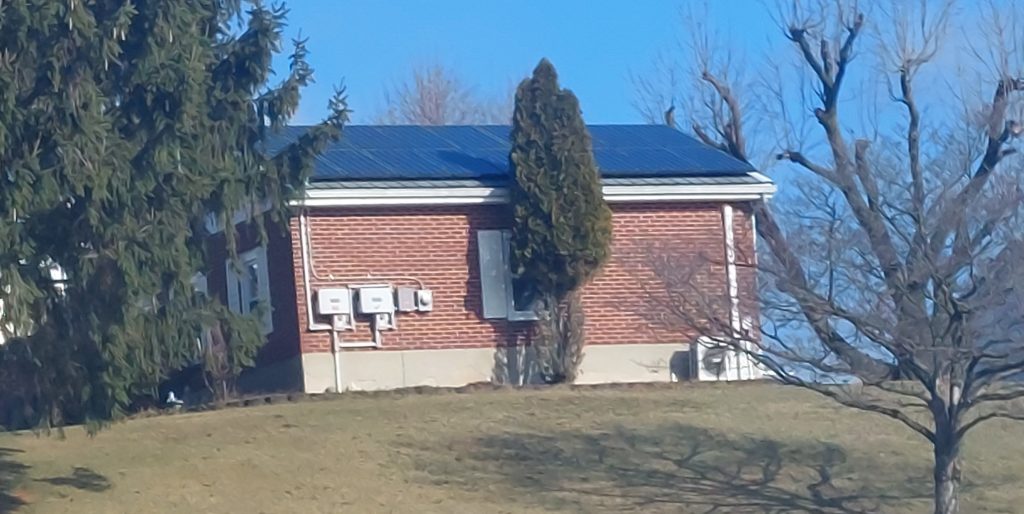
How Much Does A Solar Energy Contractor Charge?
Solar energy contractors charge varying prices for their services. To find out what a solar system will cost, you need to know how much energy you use in a month. You can estimate this by bringing your electric bill with you to a consultation. Then, divide that figure by 30 to get your daily energy consumption. The average household in the U.S. uses around 900 kilowatts a month and 11,000 kilowatts per year. The cost of a solar panel system varies widely depending on several factors, including the size and type of solar panel used, the labor cost in your area, and the solar company you choose. Solar costs vary by state, but the Department of Energy reports that the cost to install solar panels has decreased 80 percent over the past decade. The Solar Energy Industries Association says that the Top 5 states for solar installations are California, Texas, Nevada, Utah, and California. Depending on the size of your system, solar panels installed by a solar energy contractor can cost anywhere from $1000 to $25,000 or more. This price depends on a variety of factors, including the size of your solar panels, component options, and configuration, labor costs, and any available incentives and tax credits. Some solar contractors charge higher prices if they
have to work quickly, while others charge less.
What Are The Advantages Of Hiring Contractors for Residential
Solar Systems?
Hiring contractors is a good idea if you are not familiar with installing solar panels yourself. Not only can they help you install the panels, but they will also handle all of the complicated paperwork. Most contractors include permitting costs in their labor costs. However, you should confirm that the company will actually install your panels. Solar contractors can offer zero-down options, which means no upfront costs. They also discuss your options and calculate your payback schedule before you sign a contract. They can also catch any problems that may arise before the installation is complete.
Power Solar Panel Installer Pennsylvania is an independent Powur consultant. We can help you obtain a smooth process and answer all your questions regarding solar energy system installation. Reach us to get started now.
What Are The Cons Of Hiring Solar Energy Contractors?
One major drawback is the cost. A solar panel system can be very expensive, even a small one. The cost is dependent on a number of factors, including size and location. You will need to consider your needs and how much money you’re willing to spend. Additionally, installing the system can be a lengthy process. And if you’re planning to retrofit your home, that can add to the cost and time commitment. When it comes to installing solar panels on your home, you have many options. You can choose to do the work yourself or hire a solar energy contractor to do it for you. Both strategies have advantages and disadvantages.
Before choosing a solar contractor, you should think about your needs and situation. Another potential disadvantage of hiring a solar energy contractor is that you won’t be covered by homeowner’s insurance for the project. However, you can purchase homeowner’s insurance and ask about its coverage. Depending on the policy, you may have coverage for damage to your roof or monetary loss in case the installation goes wrong. In addition, some insurers offer insurance for solar installations.
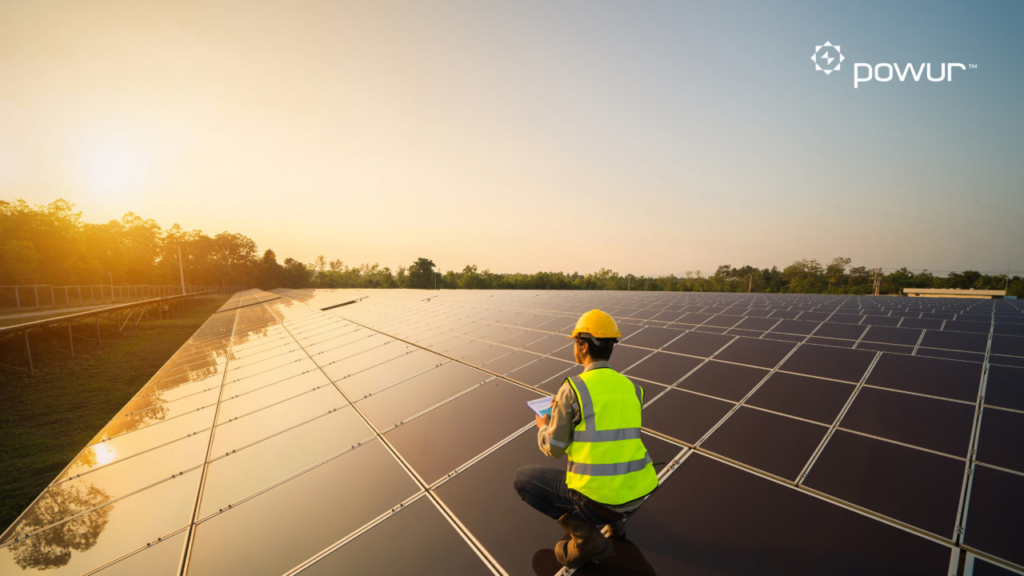
What Is A Solar Project Developer?
A solar project developer is a person who works with landowners to build a solar project. They need to find the best spot for the solar array, and there are many factors that must be taken into consideration. The first step in developing a solar project is acquiring land. Another step in the process is to obtain the necessary insurance coverage. Solar developers must have the appropriate insurance coverage to protect themselves from risk. Many of the companies offering this type of service are subject to professional liability if they fail to provide the insurance required. Moreover, they should have a clear process for managing their certificates of insurance. Solar project developers have a variety of educational backgrounds. Typically, they hold a bachelor’s degree in engineering, science, or finance. Some also have a Master’s degree.
What Is the Role of Solar Installers?
Solar installers are professionals who install solar panels on roofs or other structures. These specialists are responsible for installing photovoltaic devices according to local building codes and standards. They measure and secure solar modules to structural frames, and set up electrical circuits fed by solar energy. They can also maintain and repair solar-powered devices. The growth of solar-powered systems and installation professionals will benefit both the solar industry and the construction industry. As solar-panel technology improves, solar installation becomes more reliable, affordable, and accessible. As the cost of solar panels and shingles falls, more residential households will be able to afford them, and more installers will be needed. The growing popularity of solar leasing will also create additional demand for solar contractors.
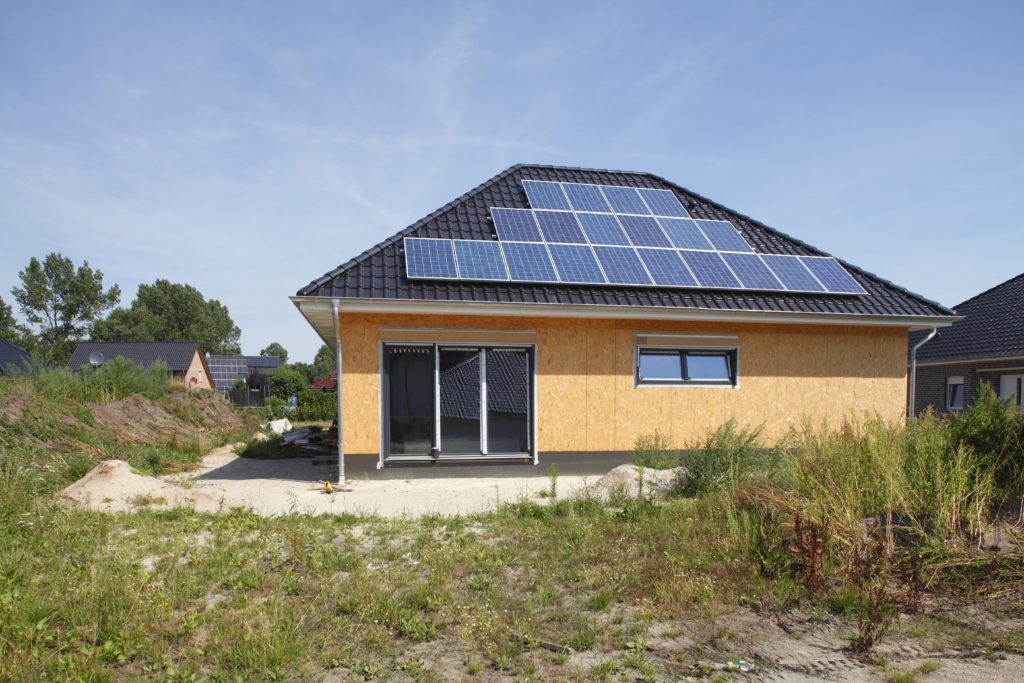
What Is A Manufacturer’s Warranty?
When it comes to solar energy, you want to be as sure as possible that your installation company backs up its work with a warranty. This warranty covers the work of the installer, and it should last for at least five to ten years. This warranty can be valuable, as it can save you money in the long run if something goes wrong with your solar system. While you may be tempted to sign up with a solar energy contractor that offers a warranty, beware of those that offer a ‘worry-free’ policy. These warranties may not be as good as they sound, because many new solar energy manufacturers have no experience and don’t have a solid track record. Instead, ask about the company’s warranty performance and its past charges. This will give you a better idea of what to expect.
What Are The Incentive Programs For A Solar System?
The federal government offers a tax credit to consumers who install solar panels and wind turbines. Many states also offer their own incentive programs. For example, the state of New Mexico offers a tax credit equal to 10% of the system’s cost. In New Jersey, the solar incentive program offers a six-month free electricity credit and up to $650 in tax credits in the first year. Solar incentive programs are designed to kick-start a local solar industry. But as solar panel costs commodify and solar installations become more competitive, these incentives may decrease. This is why it’s important to develop local solar installers in order to keep the solar market growing. Furthermore, these programs may be weakened by excessive paperwork and application requirements, which may not be in the best interests of consumers. In New Hampshire, residents can take advantage of a state income tax credit for solar energy systems. The state also offers property tax exemptions for solar systems. In New Mexico, homeowners can write off up to $9,000 of their system’s costs. The state’s tax credits vary, depending on the state and the type of solar system installed.
What Are The Pros of Solar Roofing?
Solar roofing is a type of photovoltaic (PV) system that uses solar cells, also called PV cells, to convert sunlight into direct current (DC) electricity. Solar roofing systems are usually mounted on the roofs of buildings and can either be connected to the electrical grid or used as a standalone system. Solar roofing systems can help reduce your electricity bills. Solar cells convert sunlight into DC electricity, which can then be used to power your home or business. This means that you’ll be able to offset some or all of your monthly electricity costs with solar power.
In addition, solar roofing systems can increase the value of your property. Solar roofing systems are also low maintenance. Once they’re installed, solar roofing systems require very little maintenance. PV cells don’t need to be replaced frequently, and there are no moving parts in a solar roofing system, so there’s very little that can go wrong. Solar roofing systems are also durable; most systems come with a warranty of 25 years or more.
Solar panels last twenty to thirty years, which is far longer than a typical asphalt shingle roof. Maintenance costs are minimal – a solar panel only needs to be cleaned and disinfected two to three times per year. On the other hand, asphalt shingle roofs require resealing, replacement of damaged shingles, and cleaning. Solar roofing systems are good for the environment. Solar power is a clean, renewable source of energy that doesn’t produce greenhouse gases or other pollutants. Generating electricity from solar power instead of fossil fuels helps reduce our dependence on non-renewable resources and reduces our contribution to climate change.
Another great benefit of solar roofing is the fact that it can earn you federal tax credits. These tax breaks promote alternative energy use, which not only benefits the environment but also contributes to a sustainable economy. Moreover, solar energy installations can save homeowners hundreds of dollars in electricity bills. Another major drawback of solar roofing is that it may not work for every home. Specifically, older homes with cedar or slate roofs may not be able to accommodate solar panels. In addition, rooftop decks and skylights can pose problems for solar panels.
Solar panels eliminate the need for costly fossil fuels. Plus, they can also produce excess electricity, which can be returned to the grid or stored in a home battery. This energy is particularly important in the summer when hot weather means summer rains, loud air conditioning units, and higher electricity bills. Utility companies are known for raising rates during peak seasons, so solar panels can help you lower your electric bill and save money while using less energy.
There are many benefits to solar roofing for homeowners. These include a decrease in energy bills, tax advantages, and increasing the value of your home. Furthermore, the technology is highly efficient and durable. It also gives you control over energy prices – unlike traditional energy sources, which are always subject to change. In addition, solar energy is a sustainable alternative to fossil fuels.
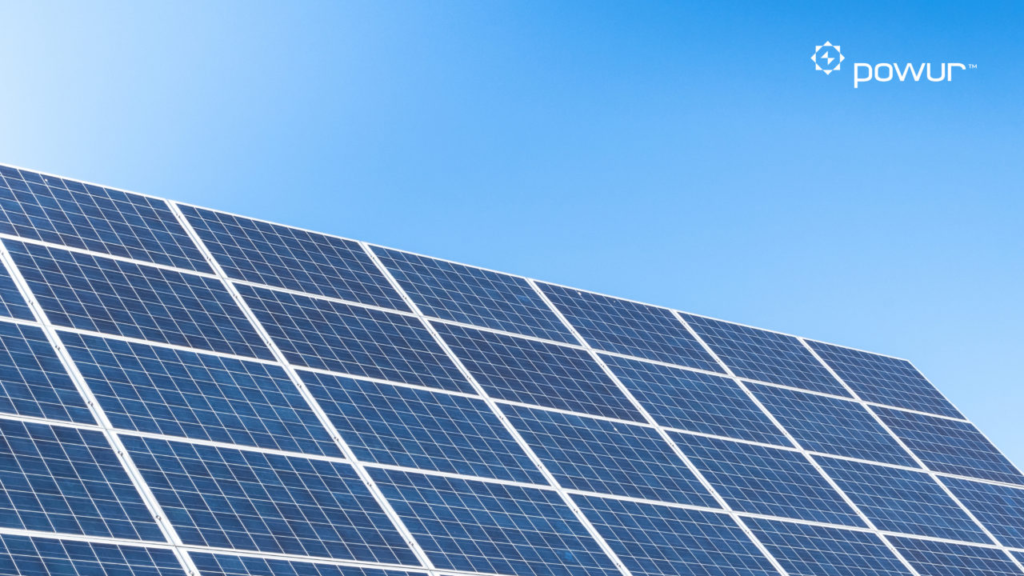
Can We Guarantee Home Security From Solar Energy Contractors?
A solar protection plan is designed to help a homeowner manage the cost of repairs or unexpected problems related to their solar system. It typically provides coverage for labor, parts, and roof penetrations for 30 years. This type of warranty is important because the typical homeowner will have to pay a substantial cash outlay to install solar panels. Solar contractors may offer financing options to help homeowners meet the expense. If you plan to leave the home for a period of time, you’ll want to choose a solar energy system that is guaranteed to remain on the property. The average residential solar system stays on a home for at least 20 years, so be sure to find a solar company that offers a transfer policy like the Power Solar Panel Installers Pennsylvania company. Call us today!
What Is Workmanship Warranty for Solar Energy Contractors?
A workmanship warranty is an additional guarantee that a solar energy contractor provides after installing your solar system. It covers the labor and contractor portion of the installation and can differ in duration depending on the solar energy contractor. A standard residential solar warranty lasts for five to ten years, but some solar contractors offer warranties of up to 25 years. If a solar energy contractor offers a workmanship warranty, it means that they will fix any problem that is a result of the installation, including leaks caused by the system or any damage to your home. It also covers faulty parts and the replacement cost of these parts.
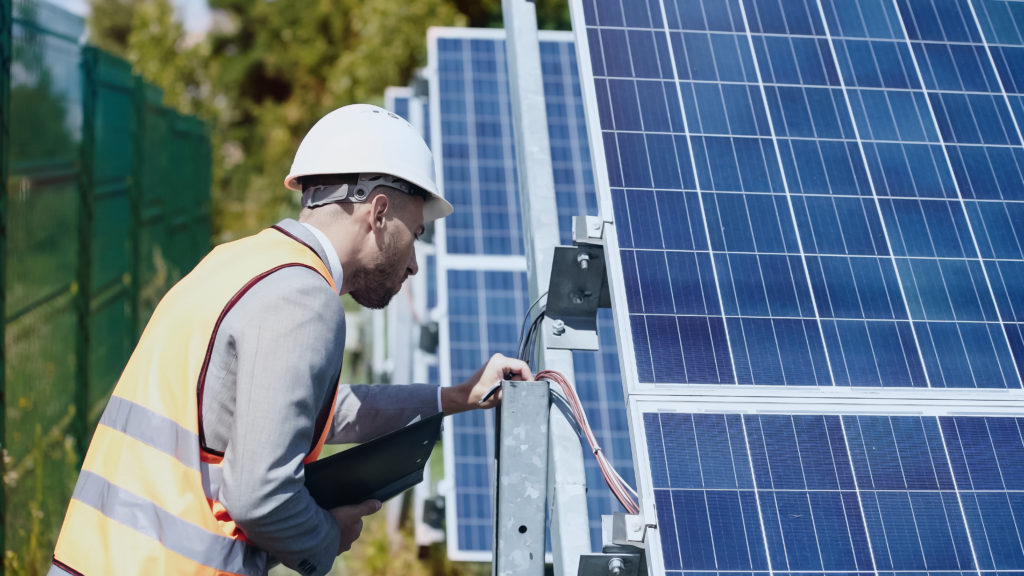
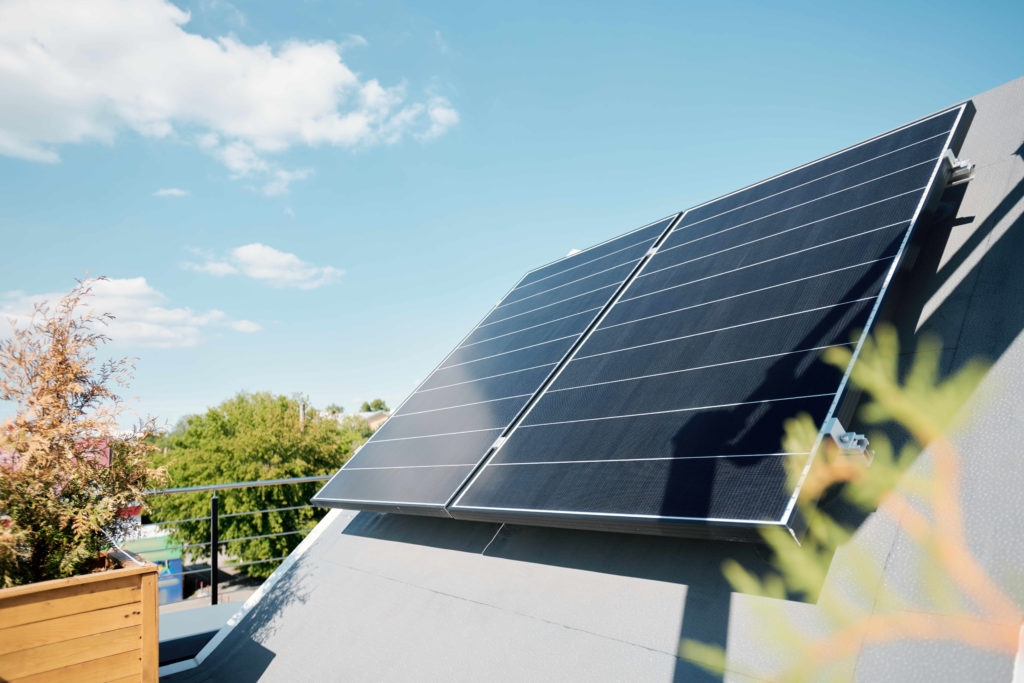
Do Solar Panels Lessen Electric Bills?
There are many factors to consider when determining whether solar panels will reduce your electric bill. Your monthly meter readings, equipment, billing, and maintenance costs all play a part. Your system may also require energy from the local grid at certain times. However, solar panels are an excellent way to reduce your electric bill. While solar panels do reduce your electricity bill, it is important to note that they only work when the sun is out. This means that the panels will only generate electricity from 6 a.m. to 6 p.m.
However, they can continue to generate energy during cloudy or rainy weather. If you’re concerned about how well your system will perform, contact your solar company. Before you hire a solar energy contractor, you should do some homework. Specifically, consider the following: Are there warranties or guarantees for workmanship? What are manufacturer’s warranties and do solar contractors offer a home security guarantee? The answers to these questions will help you make the best choice for your solar project. Here are some important tips to help you choose a contractor: Read reviews, request references, and ask the contractor to explain his or her approach to solar projects.

What Do Our Customers Say About Us?
I can’t thank Powur PBC enough for the work and professionalism that they displayed from start to end in this process. They walked us thru every question and concern that we had. She was simply amazing and I promise the work stands behind it. I would highly recommend this company and will definitely be sending everyone I know who is interested.
I receive a good product with power 30 years warranty Im so happy to get this product with Power, they were very kind and professional.
Amazing Company , Great integrity everything they said they would do was completed ahead of schedule.
This is a great company. He was the only one of several companies that was truly prepared for our house. We had just built the house and he found a Skyview of it for the proposal. Others either had the neighbors house or none at all. The complete project was a breeze. No problems at all. The warranty is the best that is available. I would definitely recommend this company.
We had a great Powur rep who kept us informed throughout the entire process. Anytime we had questions, he answered them in a timely manner. The team that installed our system was good as well. Highly recommend Powur based on our own experience.
Powur handled my installation from start to finish. Communication was quick and the salespeople and install crew were professional and patient in answering all of my questions. Great experience.
